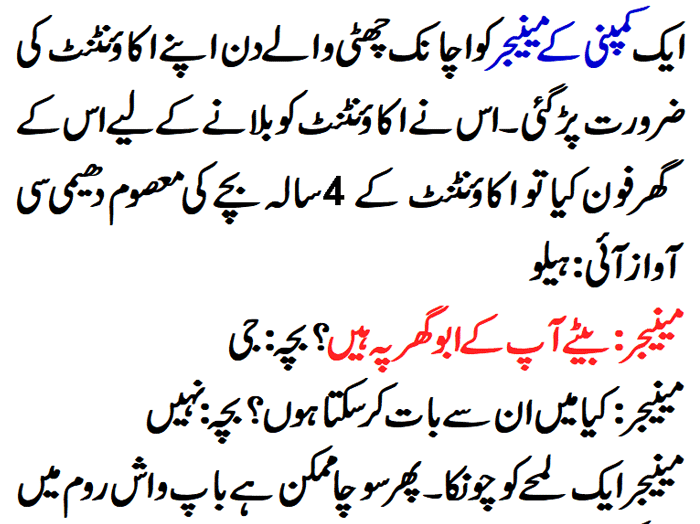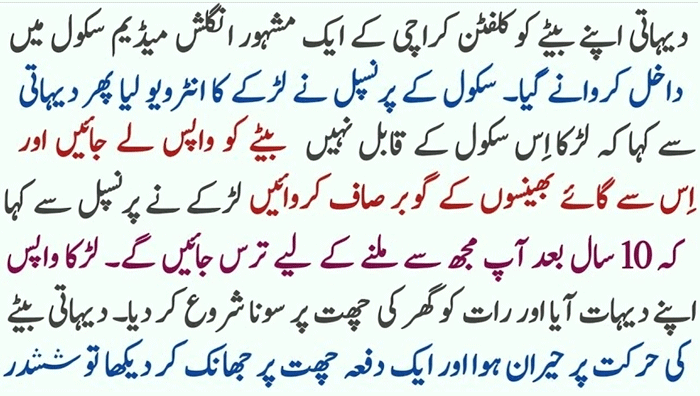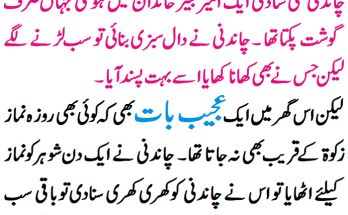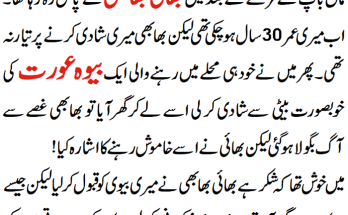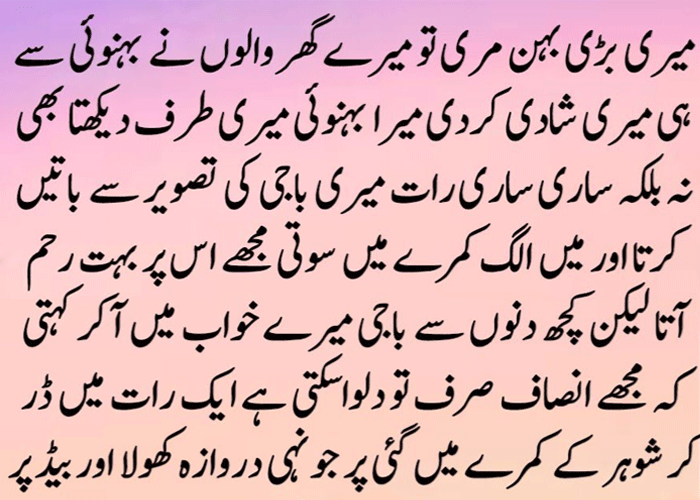
Hair loss can be a distressing experience for many individuals, impacting self-confidence and overall well-being. While various factors contribute to hair health, including genetics and lifestyle, diet plays an important role in promoting strong and vibrant hair growth.
Incorporating nutrient-rich foods into your diet can significantly support hair health and combat hair loss. Here’s a simple guide to the top 10 foods that are best for promoting hair growth naturally.
1. Salmon
Salmon is a nutritional powerhouse, rich in omega-3 fatty acids that nourish the scalp and support hair follicles. Omega-3s are essential for maintaining hair’s natural oils, preventing dryness and flakiness. Additionally, salmon is a great source of protein and vitamin D, both crucial for strong, healthy hair.
2. Spinach
Leafy greens like spinach are packed with nutrients like iron, folate, and vitamins A and C, which help keep hair follicles healthy and promote scalp circulation. Iron deficiency can contribute to hair loss, making spinach an excellent choice to boost iron levels and encourage hair growth.
3. Eggs
Eggs are a fantastic source of biotin, a B vitamin essential for hair growth and scalp health. Biotin deficiencies have been linked to hair loss, making eggs a convenient and effective addition to your diet. They also provide high-quality protein, important for hair structure.
4. Greek Yogurt
Greek yogurt is rich in protein, which is essential for hair growth. It also contains vitamin B5 (pantothenic acid), which helps improve blood flow to your scalp and may help thicken hair strands. Choose plain Greek yogurt over sweetened varieties for the best nutritional benefits.
5. Berries
Berries like strawberries, blueberries, and raspberries are loaded with antioxidants, which protect hair follicles from damage caused by free radicals. They also contain vitamin C, which aids in collagen production, a crucial component for hair structure.
6. Nuts and Seeds
Nuts and seeds, such as almonds, walnuts, and flaxseeds, are rich in omega-3 fatty acids, zinc, and selenium, all of which are important for scalp health and hair growth. These nutrients help maintain a healthy scalp environment for optimal hair growth.
7. Sweet Potatoes
Sweet potatoes are an excellent source of beta-carotene, which your body converts into vitamin A. Vitamin A promotes the production of sebum, an oily substance that moisturizes the scalp and keeps hair healthy. A deficiency in vitamin A can lead to dry, dull hair and even hair loss.
8. Lentils
Lentils are a great plant-based source of protein, iron, zinc, and biotin, all of which are essential for healthy hair growth. Iron and zinc deficiencies have been linked to hair shedding, so including lentils in your diet can help maintain optimal levels of these nutrients.
9. Oysters
Oysters are one of the best food sources of zinc, a mineral that supports hair growth and repair. Zinc deficiency has been associated with hair loss and thinning hair, making oysters a valuable addition to your diet if you’re looking to promote hair health.
10. Avocado
Avocado is not only delicious but also a great source of healthy fats, vitamins E and C, and biotin. These nutrients nourish the scalp and promote hair growth. Additionally, the natural oils in avocados help moisturize and condition the hair, reducing breakage.
FAQs about Hair Loss:
1. Can hair growth be affected by hormonal changes?
Yes, hormonal changes can indeed impact hair growth. Fluctuations in hormones, such as during pregnancy, menopause, or thyroid imbalances, can lead to temporary hair loss or thinning. Hormonal shifts affect the hair growth cycle, leading to more hair shedding or decreased growth rates.
2. How does stress affect hair growth?
Chronic stress can disrupt the hair growth cycle, leading to increased hair shedding or a slowdown in hair growth. Stress triggers hormonal changes that can push hair follicles into a resting phase, causing more hair to fall out. Managing stress through techniques like meditation, yoga, or therapy can help maintain healthy hair growth.
3. Are there any specific foods to avoid for better hair health?
While nutrient-rich foods support hair growth, certain dietary choices can negatively impact hair health. Excessive consumption of processed foods high in sugars and unhealthy fats can contribute to inflammation, which may affect hair follicles. Additionally, crash diets or extreme calorie restriction can lead to nutrient deficiencies that may result in hair thinning or loss.
4. How important is scalp health for hair growth?
Scalp health is crucial for optimal hair growth. A clean and well-nourished scalp supports healthy hair follicles and promotes robust hair growth. Regular scalp massages can improve blood circulation, delivering essential nutrients to the hair follicles. Using gentle shampoos and avoiding harsh chemicals can also maintain scalp health and prevent issues like dandruff or dryness that can impede hair growth.
5. Can over-styling or heat damage affect hair growth?
Frequent use of heat-styling tools like flat irons, curling wands, or blow dryers can damage hair shafts and lead to breakage. Over-styling, especially with tight hairstyles like ponytails or braids, can stress hair follicles and cause traction alopecia. It’s essential to use heat-protectant products and give hair regular breaks from styling to allow for healthy hair growth.
Eating these healthy foods every day can improve your hair and prevent hair loss. Also, make sure to eat a balanced diet, drink enough water, and manage stress to support hair growth and your overall health. By focusing on these good-for-hair foods, you might see stronger, healthier hair soon.

